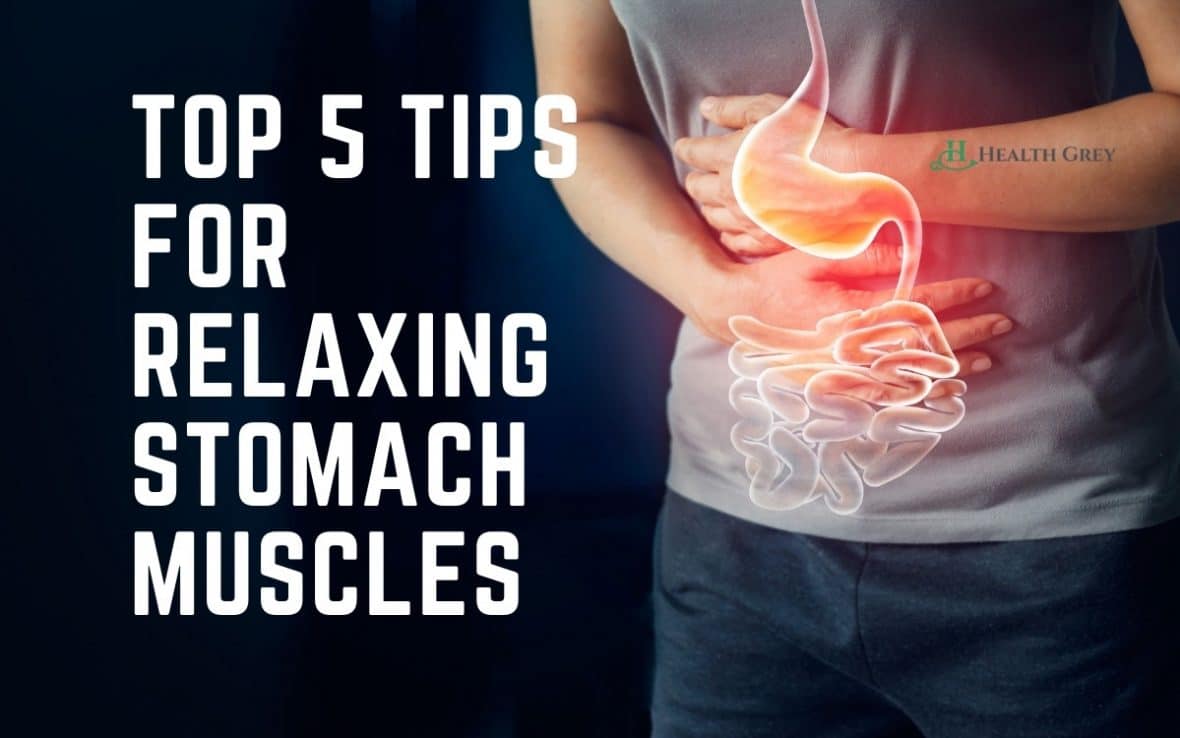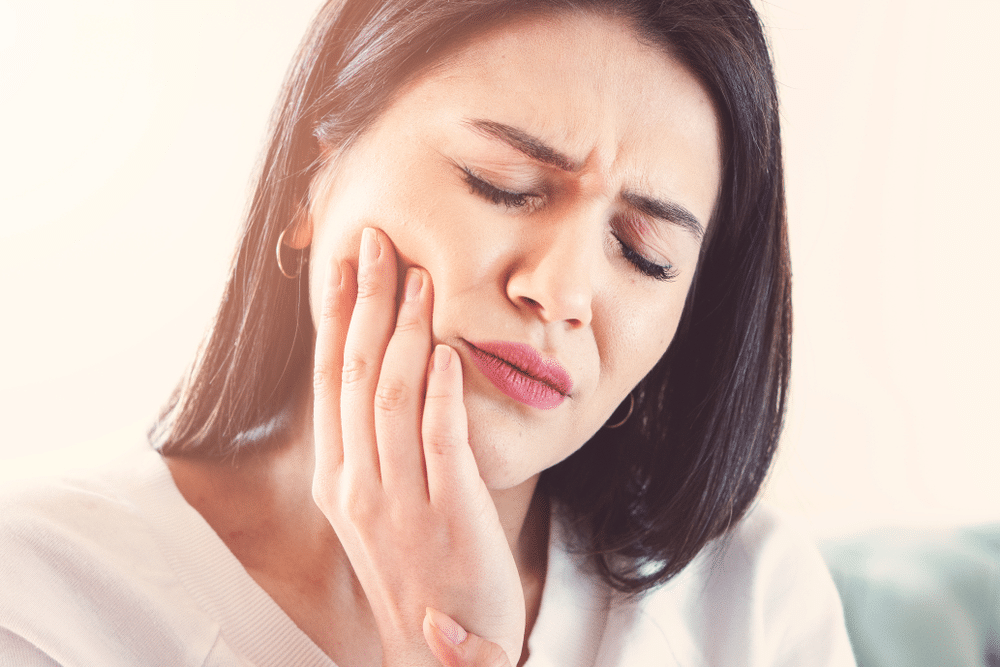The following article will show you how to relax stomach muscles if you experience digestive symptoms occasionally, such as bloating, gas, heartburn, fatigue, constipation, or diarrhea. If they continue to appear, on the other hand, these symptoms can cause serious problems in your life. Here are some tips about stomach care which will be very helpful or if you are feeling tight in your upper stomach please visit here.
Here’s how to relax stomach muscles, as well as reduce tension

Stress can cause as many physical and mental problems as it threatens your stomach. Stress is something we mostly cannot avoid, and most of us have no control over how much it affects our lives. It is one of the key points of how to relax stomach muscles that you will manage even though it’s a lot of work. You need to determine what stresses you the most and create a plan to deal with it differently.
During periods of stress, you might have experienced a sense of unease in your stomach. This is because fear and worry will cause discomfort to the digestive system’s fragile equilibrium.
Stress inhibits digestion in certain individuals, triggering bloating, nausea, and constipation, while it speeds it up in others, causing diarrhea and repeated visits to the bathroom. Any people absolutely lose their appetite.
Don’t smoke if you want to prevent reflux

Smoking will damage the muscle that regulates the lower end of the food pipe, allowing stomach acid to migrate back up the food pipe in the opposite direction, a condition known as reflux. Heartburn is caused by reflux, which may also worsen or aggravate abdominal ulcers and bowel inflammatory disorders. Additionally, smoking is a significant risk factor for stomach cancer.
Eat a balanced diet for better digestion

It’s all too tempting to eat on the go or at our tables, gulping down food in between meetings and then collapsing in front of the TV for a takeaway in the evenings. However, feeding in this manner will wreak havoc on our digestive systems.
To avoid complications, follow these simple guidelines:
- Don’t eat so quickly. Allow yourself to savor each bite. Between bites, try setting your fork down and chewing each mouthful thoroughly.
- Don’t eat too much. Reduce the size of the food servings, or serve four to five small meals instead of three huge ones.
- Eat on a daily basis to avoid skipping meals.
- Just sure you’re getting enough of water.
Workout to improve digestion

One of the most effective ways to increase your digestion is to work out regularly. Food travels through the digestive tract with the aid of gravity and exercise. As a result, going for a walk after a meal can help your body move things along. Light activity, such as walking and jogging, improved gut transit time by almost 30% in healthier individuals, according to one report.
Make sure your diet is balanced with fats.
It’s important that including enough fat in your diet is essential for good digestion. Fat keeps you full after a meal and is often required for optimal food digestion. Inflammatory bowel diseases, such as ulcerative colitis, have also been found to be reduced by omega-3 fatty acids in studies. Omega-3 fatty acids can be found in flaxseeds, chia seeds, nuts (especially walnuts), and fatty fish like salmon, mackerel, and sardines.
Simple dietary and lifestyle modifications will help you feel healthier if you have intermittent, regular, or recurrent digestive symptoms. Eating a whole-food diet rich in protein, good fats, and nutrients would be the first move toward proper digestion.
Good habits include mindful eating, stress management, and exercise. Finally, avoiding bad habits like smoking, drinking too much alcohol, and eating late at night will help relieve symptoms.
Thank you for reading this article about how to relax stomach muscles. I hope it will be beneficial to your health.




